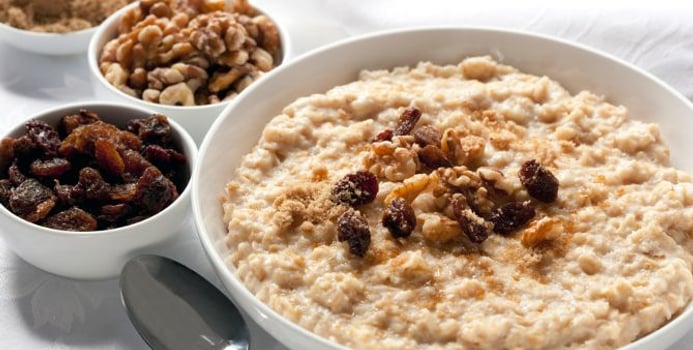The term whole grain refers to a variety of grains, including wheat, corn, rice, oats and rye, which are still in their natural form. Whole grains have a bran, germ and endosperm. To be considered a whole grain, the entire grain must still be intact and not just the endosperm, as is the case in refined grains. By eliminating the germ and the bran, refined grains lose significant health benefits.
Health Benefits of Whole Grains
By keeping the entire grain intact, the whole grain retains more nutritional benefits than processed grains. One of the main benefits of whole grains is the high fiber content. A diet that is rich in fiber has shown to reduce certain cancers, specifically colon cancer, diabetes, digestive problems and heart disease.
The rich supply of nutrients found in whole grains also helps to support a healthy immune system. The whole grain is able to supply the body with a range of nutrients and vitamins, which help the immune system to function properly.
The United States Department of Agriculture recommends that adult women get between 3 to 6 oz of whole grains a day.
Examples of Whole Grains
Whole grains can be found in cracked, whole or ground forms, making these items useful in cooking and baking. Examples of whole grains include whole-wheat flour, bulgur or cracked wheat, whole cornmeal, brown rice and whole oats.
Be aware that some foods state they are made with whole grains, but they are actually a combination of refined and whole grains. To verify a product is a whole grain, check the label and make sure on of the first five ingredients includes the words "whole wheat" or "whole grain."
Whole Oats
Whole oats are oats that still contain their endosperm, bran and germ. Whole oats are an excellent source of fiber, protein and vitamins. Studies have shown that whole oats have a specific kind of fiber referred to as beta-glucan, which has shown to be especially effective in lowering cholesterol. Whole grain oats contain seven vitamins, including vitamin E and a host of nutrients, including iron and calcium. Oats have twice the amount of protein than whole wheat or whole corn. Whole oat products include whole grain oat groats, steel cut oats and thick oats.
Whole Wheat
Whole wheat is the wheat form of a whole grain. The reason why whole wheat is better than processed wheat is because whole wheat contains more nutrients and vitamins than refined and processed wheat.
In its natural form, wheat provides the body with a range of health benefits. Whole wheat foods have shown to help people lose weight, reduce risk of metabolic syndrome, lower risk of type 2 diabetes and they help prevent gallstones.
Whole wheat is found in many products, including cereals, breads, pastas, crackers, muffins and cakes.



